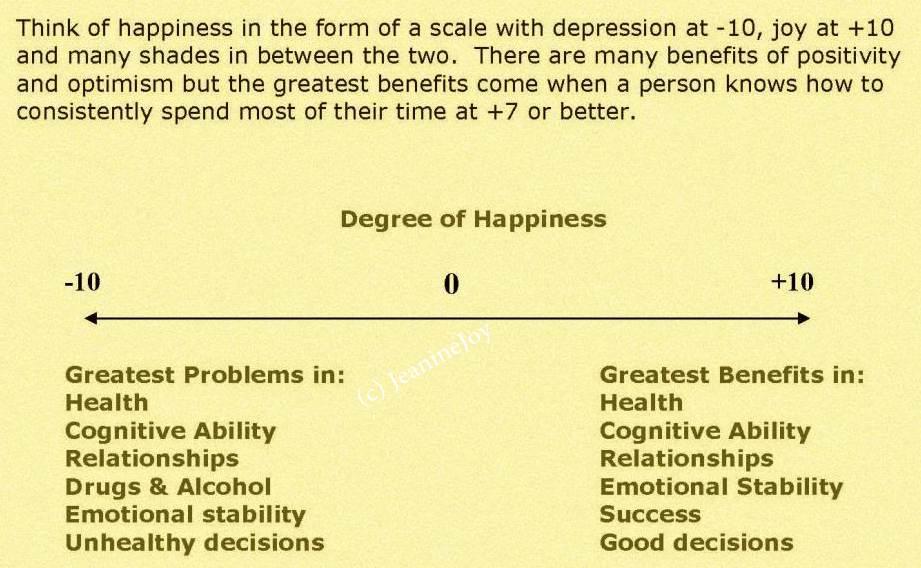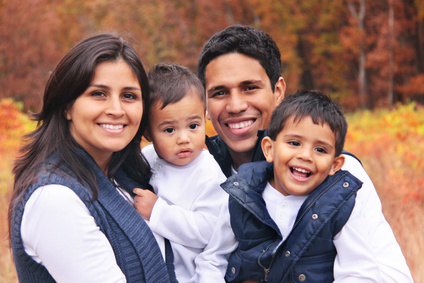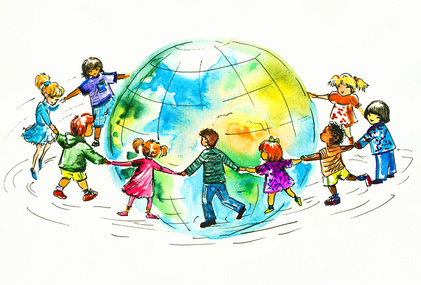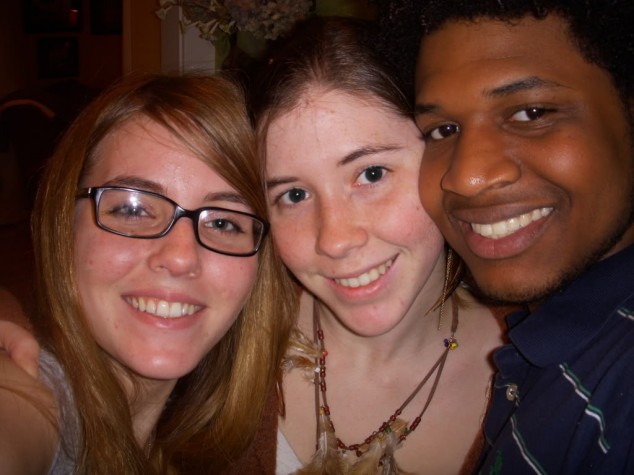Your Choice: Separation or Connection
You Get to Choose: Separation or Connection
The Importance of Understanding Our Connection
Whenever someone focuses upon an atrocity that has happened to someone who belongs to a group that they associate themselves as a member of and they express more outrage than they would at the atrocity happening to anyone or feel more outrage than they would if the individual(s) impacted were of another group you know two things are going on.
The first is that they are coming from a place of fear. Fear that the same could occur to them or their loved ones.
Second, that they do not view themselves as connected to All That Is and to everyone and everything. They are taking a more narrow view and defining themselves as a member of a smaller group, but not as a member of humanity as a whole.
This results in great attention being placed upon some acts and less upon others.
None of these actions lessens future atrocities.
What will lessen future atrocities is for more people to feel the connection that we each have with one another. For each of us to look for those qualities we can relate to in one another rather than the differences.
We are more alike than we seem.
When we allow our emotions to take a nosedive, we move further away from the possibility of harmony that is possible among everyone.
Science has shown that racism lessens when people are happy and increases when they are unhappy.
When tensions rise, rather it be based upon race, religious beliefs, gender, or other traits that are so often used to feel separate from others, we actually move further away from what is desired which is peace and harmony.
If we begin to understand this and stop the cycle of allowing negative emotions to increase the feeling of separation, if we begin to look for points of harmony, for ways to be closer, we can make the disharmony a distant memory.
The next time you find yourself moving into negative emotions over something that is separating yourself from others, stop and ask yourself what your long term goals are. Do you want humanity to live in peace? Do you want your children and children’s children to feel that same discord or do you want them to feel a part of a wonderful loving humanity? If you focus upon your longer-term goals you can feel in your gut when you are moving toward them or away from them. If you want the future to hold more evidence of love between all peoples, examine your thoughts when you encounter a situation. If your thoughts feel worse in your gut you are moving away from your true desires. Try to move to thoughts that are more general. Try thoughts such as “This is an isolated incident. Most people never experience anything like this.” See if that feels better. Then try thoughts such as “We are all connected, on the quantum level there is no separation. This will actually help society increase our desire for wholeness. We can use this to help us focus on what we want. This has helped clarify what we do not want. Let’s turn our attention to what we do want. We always move in the direction of where our attention is focused. I choose to move toward a more loving world.” See if those thoughts don’t feel better in your gut. If you are ready, you can even take it to an even better place. “There are already people who have achieved a feeling of connection with the whole of humanity. Their numbers are growing and I want people like that in my life. That is where I want to head. Our connection is what I want my children to feel.”
Please spread the above as far and as wide as you are inspired to share the words. This wisdom has been with all humankind throughout the ages as the quotes below reflect. Deep within each of us, we all know their truth. Modern technology gives us the opportunity to spread this wisdom to more conscious minds than ever before. The potential transformation to a world of peace has never been closer.
Candles along the path to peace have become spotlights illuminating the night. Look and you will find.~ Jeanine Joy, April 15, 2012, Lombard, IL
“When you see love, you are being informed by the eternal you. This is the source that created the Universe. Let the eternal you guide your awakening. If you want to awaken all of humanity, then awaken all of yourself. If you want to eliminate the suffering in the world, then eliminate all that is dark and negative in yourself. Truly, the greatest gift you have to give is that of your own self-transformation.”~ Lao Tzu
“All that we are is the result of what we have thought. If a man speaks or acts with an evil thought, pain follows him. If a man speaks or acts with a pure thought, happiness follows him, like a shadow that never leaves him.”~ Buddha
” You cannot find someone, even if they deserve it, as your enemy and stay Connected with who you are at the same time, because your Source will not take sides like that. No one can stay connected to Source Energy, and push hard against someone else. There are these battles that are fought in the name of “God”, and all of these prayers that say, “God is on our side,” and we say, god is not on your side, nor is god on the side of those who fight against you. god does not take those sides.”~ Abraham
“You must not lose faith in humanity. Humanity is an ocean; if a few drops of the ocean are dirty, the ocean does not become dirty.”~ Mohandas Gandhi
“Love is deeply nourishing. Like oxygen, it is essential for life. The emotions of hatred and fear are poisons that literally stop us in our tracks. They paralyze us, physically halting energy production at a cellular level. We are not meant to hate.”~ Marcey Shapiro, M.D.
“Darkness cannot drive out darkness; only light can do that. Hate cannot drive out hate; only love can do that.”~ Martin Luther King, Jr.
“Each man should frame life so that at some future hour fact and his dreaming meet.”~ Victor Hugo
“Every great dream begins with a dreamer. Always remember, you have within you the strength, the patience, and the passion to reach for the stars to change the world.”~ Harriet Tubman
“It takes someone with a vision of the possibilities to attain new levels of experience. Someone with the courage to live his dreams.”~ Les Brown
“But I say to you who hear, Love your enemies, do good to those who hate you”~ Luke 6:27
“The worshipers of the All-Merciful are they who tread gently upon the earth, and when the ignorant address them, they reply, “Peace!”~ Qur’an 25:63
“Emancipate yourself from mental slavery, none but ourselves can free our mind.”– Bob Marley
“Any intelligent fool can make things bigger, more complex, and more violent. It takes a touch of genius and a lot of courage to move in the opposite direction.”– Albert Einstein
“Turn from evil and do good; seek peace and pursue it.”~ Psalm 34:14
Small communities grow great through harmony, great ones fall to pieces through discord.~ Sallust
I like to believe that people in the long run are going to do more to promote peace than our governments. Indeed, I think that people want peace so much that one of these days governments had better get out of the way and let them have it.– Dwight D. Eisenhower (1890-1969)
“Repay no one evil for evil, but give thought to do what is honorable in the sight of all.” ~ Romans 12:17 Each and every master, regardless of the era or the place, heard the call and attained harmony with heaven and earth. There are many paths leading to the top of Mount Fuji, but there is only one summit – love.~ Morihei Ueshiba
© 2012-2014 by Joy. (Happiness1st.com)
Free Use of this specific post as long as credit is given to author.
We hope this article stimulates discussion. If this article stimulates thoughts, questions, or comments please post them below. The comments are moderated so they will not appear immediately. Comments and questions are taken seriously. By sharing them here rather than sending them by private mail you share with other readers and not just the author. All comments are read and all earnest questions are responded to. If you have something to say that truly applies only to you and me then send me an email. Please feel to share this article with others using the share buttons or by sending them a link to this page. Comments that are not related to the topic of this website or that are blatant advertisements are deleted to preserve the integrity of the site. We look forward to your feedback. If you would like to register for or are interested in additional information on our classes, keynote speakers, one-on-one coaching, or conference presenters for your event please contact us























